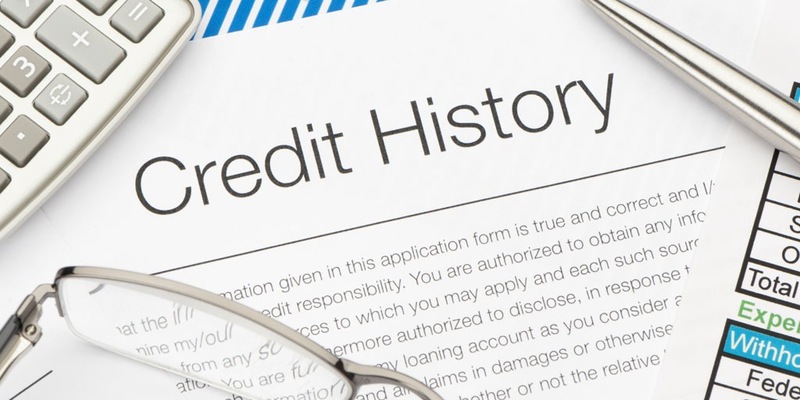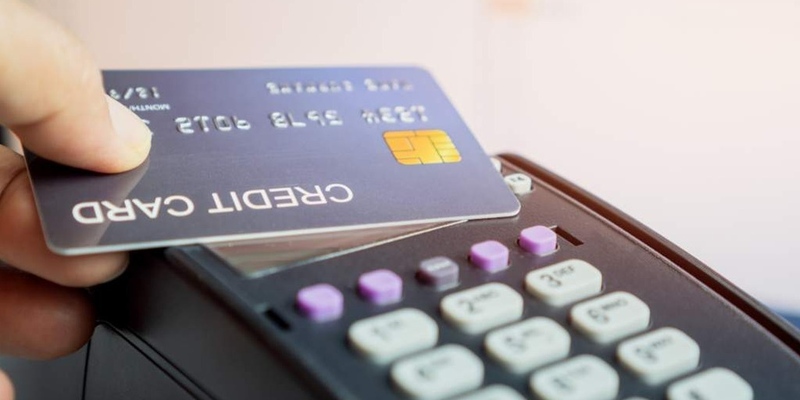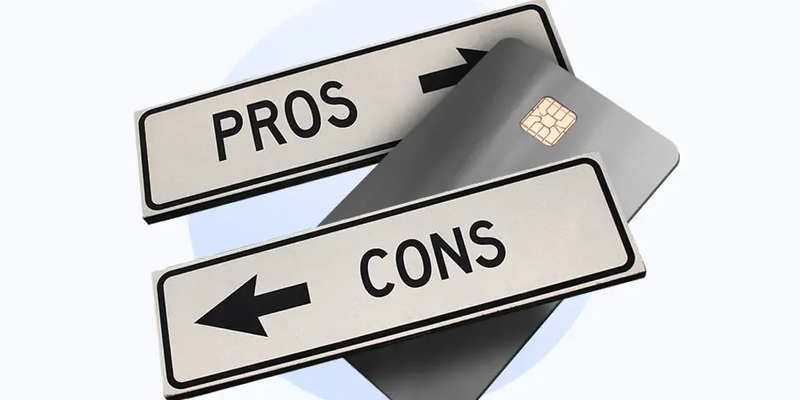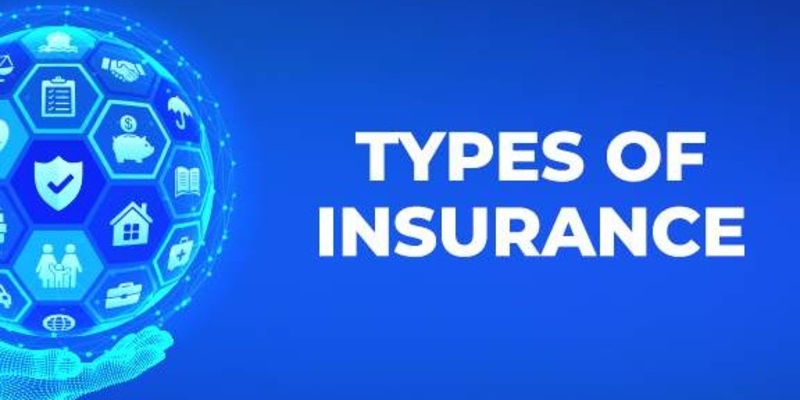The Role of Credit Cards in Financial Management
Credit cards are now an essential tool in today's finance management, providing ease of use, security, and buying power. They let users carry out transactions smoothly, build up their credit history, and get access to rewards too. But there can be dangers with credit cards such as collecting debt at high interest rates, spending too much money carelessly, or harming the user’s credit score potentially. The effect of using credit cards is conditioned by the level of responsibility in their management. This article will investigate both positive and negative aspects of credit card use to achieve a balanced view of its contribution towards financial steadiness.
Benefits of Using Credit Cards
Convenience in Everyday Transactions
Credit cards make financial transactions easy because they let you buy a wide variety of things like food, gasoline, travel experiences, and even shop online. They are accepted all over the world which often makes them more favored compared to cash especially when buying expensive items. Some credit cards also allow for paying government service charges, medical bills, and rent payments as well. The only restrictions depend on the card type and credit limit.
Seamless Booking and Reservations
An important benefit of credit cards is to book things quickly. No matter if it's plane tickets or hotel rooms, perhaps even seats for a concert, the procedure becomes easier with credit cards. Many types of travel-centered credit cards also provide benefits like frequent flyer miles, discounts, and reward points which are quite beneficial for people who often journey around.
Building and Improving Credit History

If you use a credit card in the right manner, it can improve your credit score. Regularly clearing off due amounts on time shows that you have good control over your finances and are dependable. If you want to get loans with beneficial conditions like buying homes or cars, having a robust history of credit is very important. Furthermore, a strong credit score could enhance your qualification for obtaining credit cards that offer superior rewards and reduced interest rates.
Enhanced Security and Fraud Protection
Credit card companies adopt strong safety actions to defend users from deceitful dealings. Characteristics like chip technology, biometric identification, and alert messages for transactions improve security. In case unapproved charges happen, many credit card firms provide no-risk rules guaranteeing that the holder of the card is not accountable financially.
Ability to Lock or Block a Lost Card
Numerous companies offering credit cards let users immediately block or lock a lost card via apps on mobile phones or Internet banking. This function averts unwanted utilization, offering relaxation to the mind. In case one finds thereafter the misplaced card, it may be turned back active without having to replace it.
Comprehensive Insurance Coverage
Many credit cards have insurance policies with them for financial safety in different conditions. They might give coverage.e for dishonest transactions, problems when you travel like lost bags and the canceling of trips, and also credit insurance that can help pay bills during times of unplanned money difficulties.
Increased Purchasing Power
An increased credit limit allows customers to buy important items without the need for immediate money. This kind of flexibility can be useful in times of emergency or when making necessary large-budget purchases. But, it also calls for disciplined handling of finances to stop oneself from building up too much debt.
Interest-Free Payment Periods

Credit cards mostly provide timeframes without interest, normally until 55 days, for buying when the entire balance is settled by the due date. This characteristic gives cardholders the ability to make short-duration transactions that do not accrue interest and also benefit from advantages like cashback and reward points. But it's important to note that free-of-interest terms are not valid on cash advances; they attract instantaneous interest charges along with extra costs.
Installment Plans for Major Purchases
Certain credit cards provide options for installment plans, which helps users allocate large expenses over fixed monthly payments. This method is alike the buy-now-pay-later (BNPL) scheme, which lets high-priced things be more affordable in stages. Before choosing these plans, you must check out the interest rates and any possible hidden charges.
Access to Emergency Funds
Credit cards act as financial support during emergencies when you don't have immediate cash. They can help manage urgent costs like medical expenses, car fixing charges, or rent. However, taking out cash using credit cards known as cash advances normally attracts high interest rates that make them an expensive choice if it's not repaid fast enough.
Detailed Payment Records and Budgeting Assistance
Card statements from credit cards give a detailed count of monthly dealings, aiding card users to keep track of their spending habits and handle budgets well. Looking at these records can also spot costs that are not authorized, which can be questioned using the chargeback procedure.
Global Acceptance and Currency Flexibility
Credit cards, particularly Visa, Mastercard, and American Express, are accepted by many places all over the world. This function is very useful for people who travel as they can pay in different currencies without having to depend on cash exchanges or traveler's checks. There are even some credit cards that provide better foreign exchange rates than ordinary money changers.
Chargeback Protection for Disputed Transactions
When something you bought is not given as agreed or there is a cheat transaction happening, people who hold the card can ask for a chargeback. This process, lets the bank undo the deal, giving one more level of buyer safety in comparison to payments made using cash or debit cards.
Exclusive Rewards, Perks, and Benefits
Many credit cards are associated with reward programs that provide cashback, frequent flier miles for airlines, or purchase discounts. The more prestigious credit card options may have extra advantages such as free entry to airport lounges, hotel room improvements, and priority seating at events. However, it is common that these benefits come with a higher yearly charge.
Risks of Using Credit Cards
Potential for Accumulating Debt
A big danger of credit cards is how debt can build up quickly. If you have many credit cards with a lot of balance, it could lead to money problems, particularly if you are just paying the least amount required. This condition creates an ongoing cycle where interest rates increase and your total borrowed amount continues to grow.
High-Interest charges
Interest rates for credit cards are much higher compared to the ones for personal loans or mortgages. Commonly, they go above 20% if you have unpaid balances. Also, when you take out a cash advance on your card, it starts accruing interest right away and comes with extra fees which makes it an expensive option to borrow money. Some credit cards also enforce yearly fees for upkeep that increase overall expenses even more.
Risk of Overspending Due to Easy Access to Credit
Credit cards being so convenient can cause people to spend without thinking and beyond what they can afford. If not managed properly, this could result in an accumulation of debt that's hard to pay back which in turn leads to financial stress for a longer time. However, setting up personal limits on credit card spending might reduce the risk associated with it.
Surcharges on Credit Card Transactions
Many shopkeepers put extra charges on payments through credit cards, especially for small buys. These additional costs might seem little but they can gather over a period and affect the total spending.
Exposure to Scams and Identity Theft
Even with safety actions, the risk of fraud in credit cards is still big. Scammers might try to trick people through phishing attacks or making fake card schemes, and unwanted transactions. People who own these cards should stay alert and not give away important details to sources that cannot be trusted fully.
Negative Impact on Credit Score
Using credit cards carelessly, like delaying payments or reaching the maximum limit, can harm one's credit score. If your history shows poor handling of credit, it could become challenging to get loans or good interest rates later on. It is very important to keep a strong and good-looking credit profile by responsibly controlling debts and paying off bills timely.
Conclusion
Credit cards bring many financial advantages like ease of use, safety, and bonuses. They give the possibility to credit, enhance money control, and bring useful benefits. But we must think about the dangers of credit cards seriously such as high-interest debts, overspending situations, and harm to your credit score. Proper use, punctual bill payments, and a thorough comprehension of terms and conditions can fully utilize the benefits while reducing possible drawbacks. The position of a credit card as a financial benefit or burden entirely depends on how it is handled.












